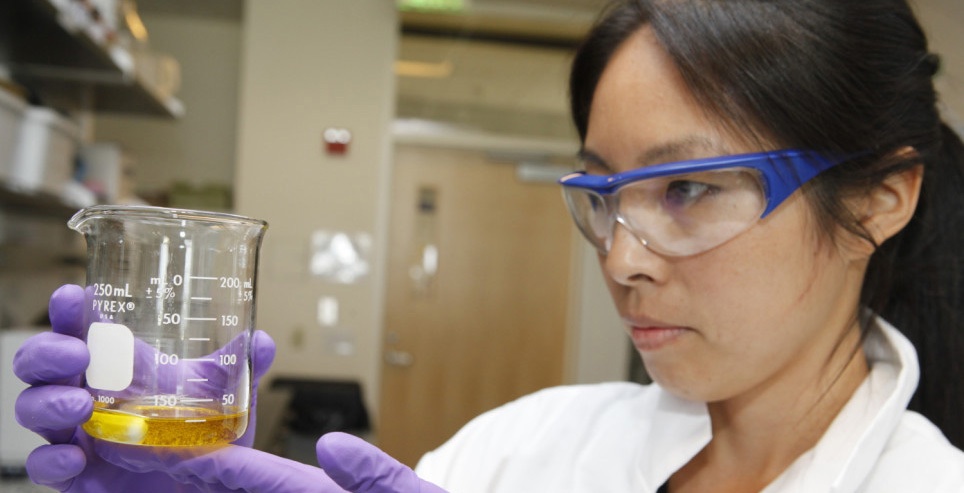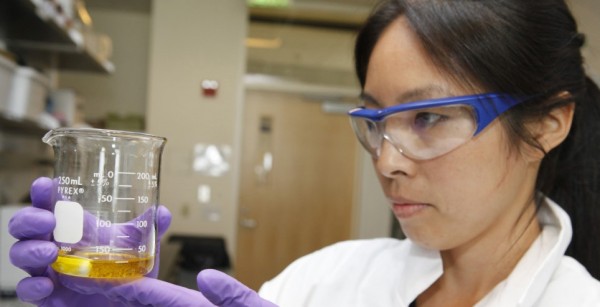
25 Jul Town Talks: A Spoonful of Olive Oil
Learn about more extra-virgin olive oil myths, its health benefits, and most importantly, how to look for a high-quality oil in a sea of lesser products. Talk is this coming Tuesday, July 28, 6:00 p.m., Telluride Mountain Village Conference Center. Talk hosted by the Telluride Science Research Center. Admission is free. Cash bar starts at 5:30 p.m.
In 2011, researchers from the Olive Center at University of California, Davis, conducted a study on consumer preferences in olive oil. The results were discouraging: most of the consumers preferred rancid olive oils to high-quality, extra-virgin oils.
This study followed another led by Selina Wang, Research Director of the Olive Center, which discovered that 69 percent of oils marketed as “extra-virgin” in the U.S. did not meet the criteria.
“Americans don’t know the difference between good and bad olive oil,” Wang said. “It’s a little depressing because as a result of mislabeling consumers are led to believe that the attributes of low-quality oils are what they should be looking for.”
In order to be considered extra-virgin, oils obtained from olives must not undergo any conditions or treatments that would alter them. Only washing, decantation, centrifugation, and filtration are allowed. No additives are permitted; it cannot be rancid or have any defects; and the oil must have a very low fatty acid content and undergo flavor and odor tests.
Wang described olive oil as fruit juice: “You want the freshest, least processed kind you can get, not the one with preservatives and additives.”
As host of Telluride Science Research Center’s Town Talk this week, Wang will not only talk about standards for olive oil and its health benefits, but also debunk myths. She also plans to conduct a brief taste testing exercise on how to look for good olive oil and avoid the bad.
One of the myths Wang will disprove is a long-standing tradition of chefs that extra-virgin olive oil has a low smoke temperature. In fact, it’s just the opposite. According to Wang, extra-virgin olive oil has a smoke point of 380 to 420 degrees Fahrenheit: the better quality, the higher the temperature.
“People always say use bad oil for cooking and save the good stuff for salad dressing. That’s actually the opposite of what you should do. A good olive oil will make your cooking much better,” Wang said.
Because of its major health benefits, Wang advocates regularly using olive oil for cooking. In a recent study, Wang’s team found that extra-virgin olive oil may decrease the risk of heart disease by improving cholesterol and triglyceride, both factors in high blood pressure levels, verifying the hype about the benefits of a Mediterranean diet.
“The antioxidants found in these oils are incredible,” Wang said. “They’ve even recently been shown to kill cancer cell clusters without harming healthy cells on top of all the other benefits. Olive oil is turning out to have the potential to become a powerful medicine.”



Sorry, the comment form is closed at this time.